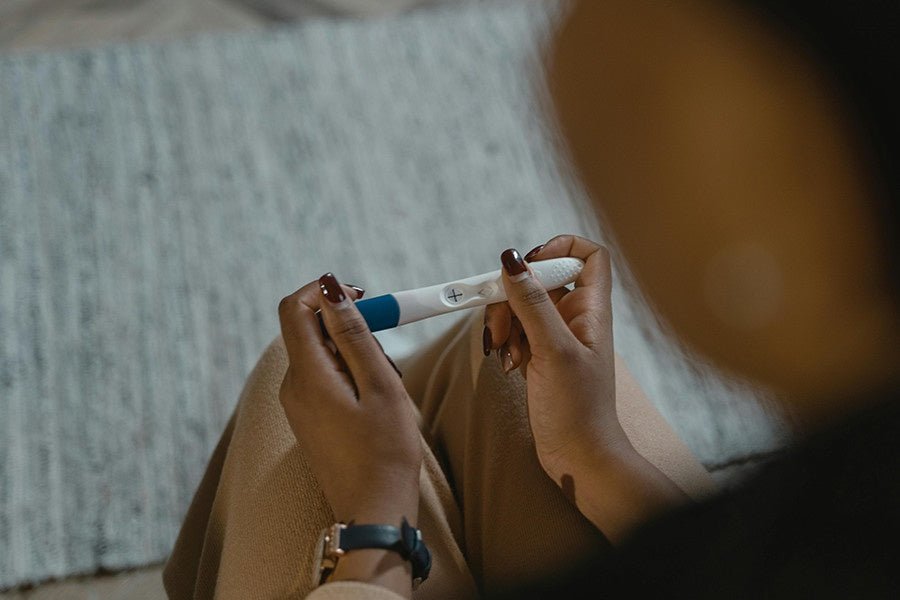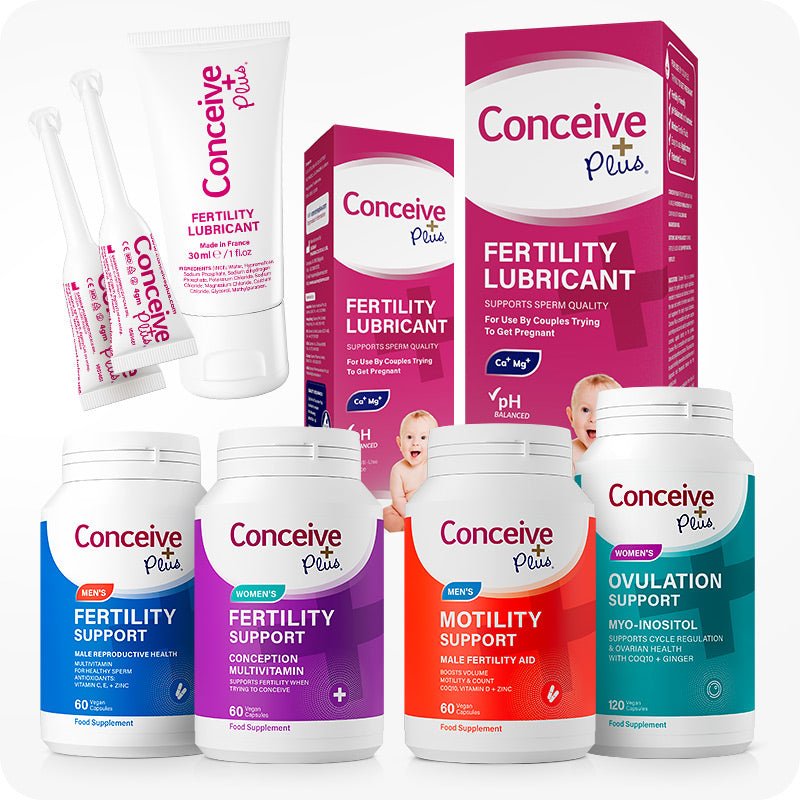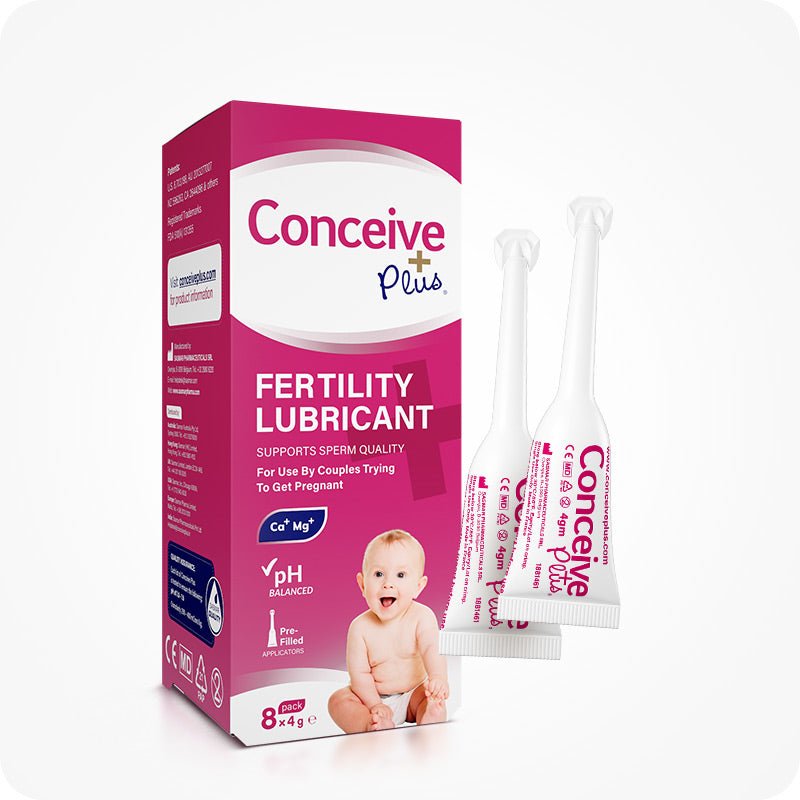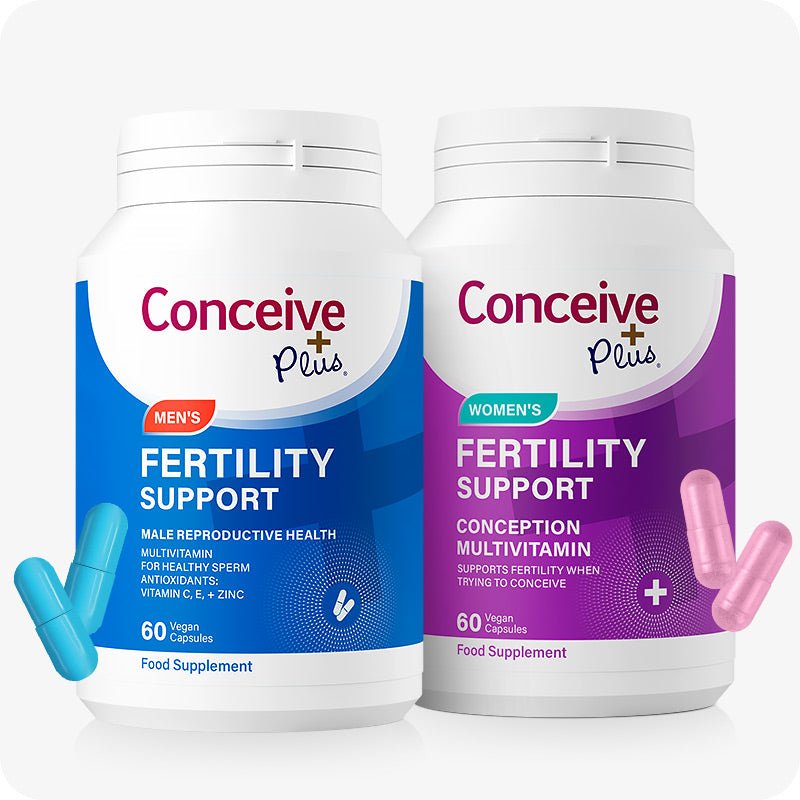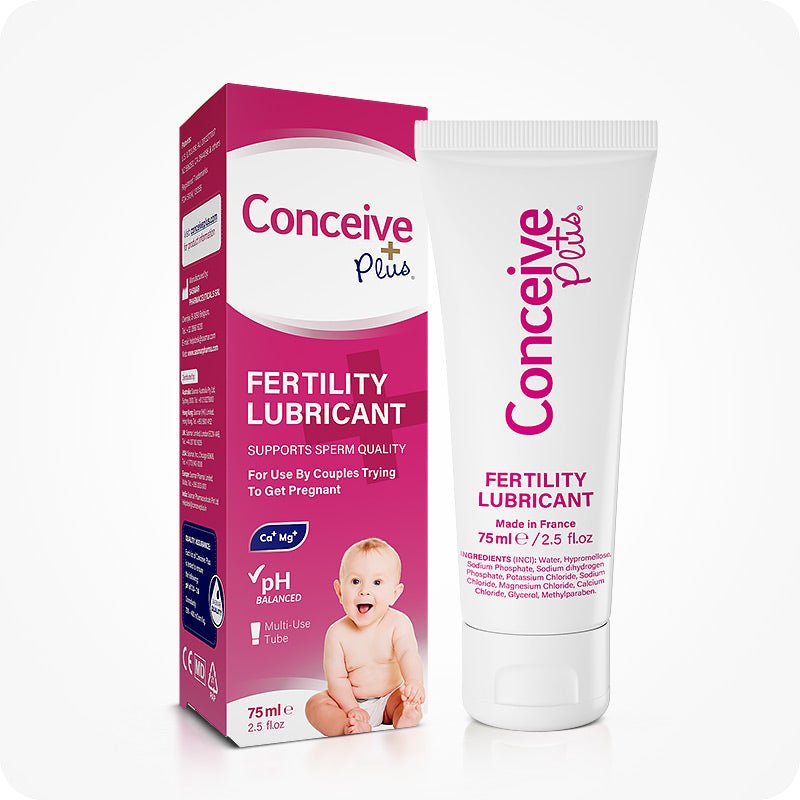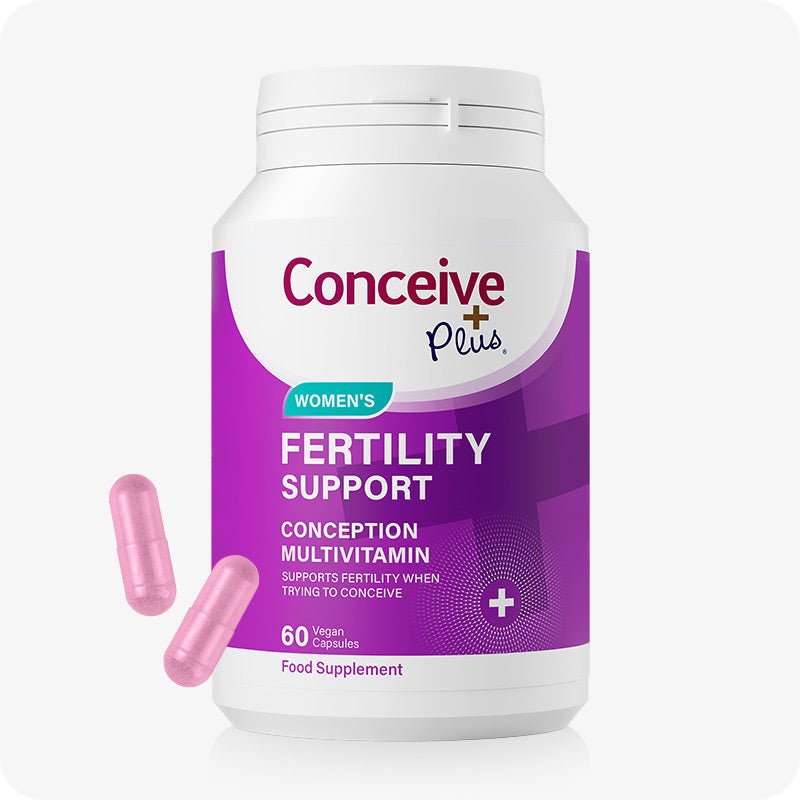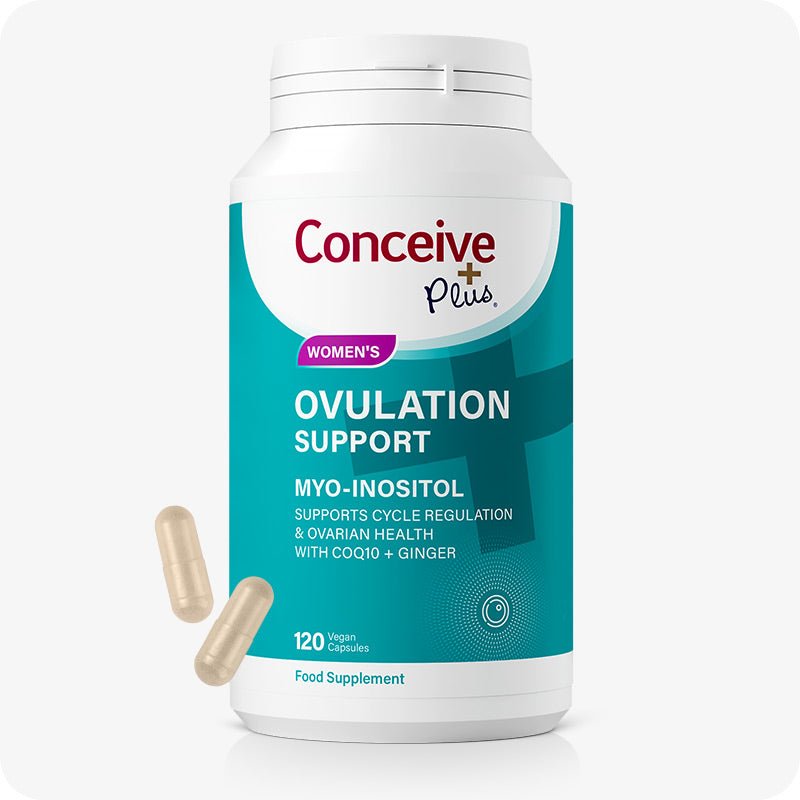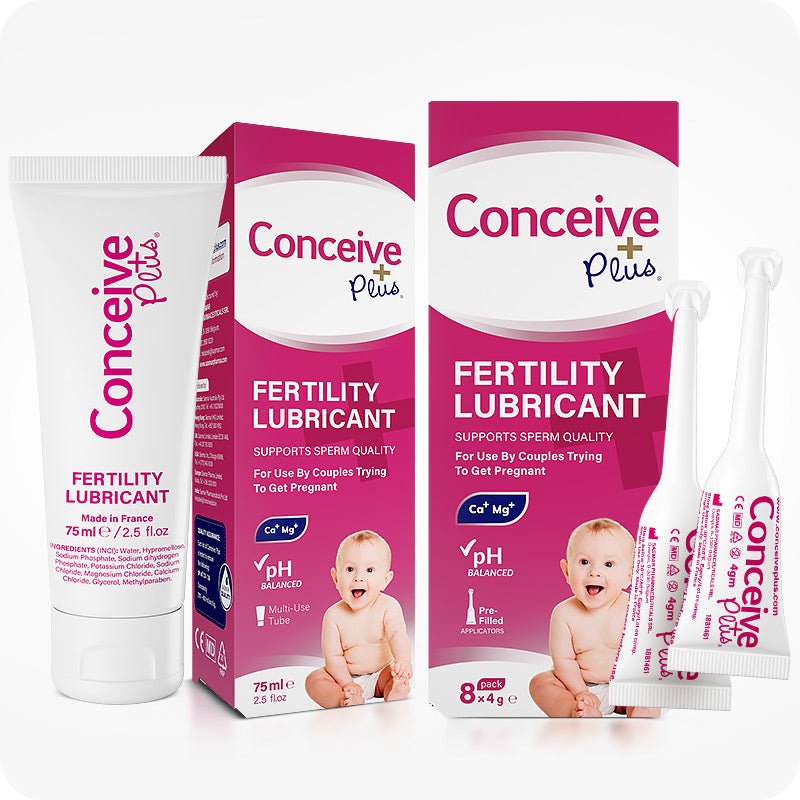Category_Getting Pregnant Tips
Sunscreen may reduce your chances of conceiving

Men and women are both frequently encouraged to wear sunscreen in order to protect their skin from sun damage and reduce the risk of skin cancer. A new study from the University of Copenhagen, however, shows that some sunscreen ingredients may interfere with sperm function. The researchers suspect this could be one reason for widespread male infertility. Although this research is new, it’s important for men, particularly men who are thinking of starting families, to be aware of the possible side effects of sunscreen.
The ingredients in question are chemical UV filters. The purpose of these filters is to absorb ultraviolet light and prevent it from affecting the skin. However, some of these chemical filters get absorbed through the skin and into the bloodstream. The researchers tested 29 out of the 31 filters allowed in sunscreens within the United Stated and European Union by applying them to healthy semen samples. They found that 45% of the UV filters interfered with sperm cell function.
Furthermore, 69% of the sperm-affecting filters mimicked the effects of a female hormone called progesterone. When normal fertilization occurs, progesterone draws the sperm towards the female egg and helps the sperm to reach the egg. Because the UV filters mimic progesterone, they can disrupt this natural process. The study found that these inhibitory effects begin even at very low levels of the chemicals, “below the levels of some UV filters found in people after whole-body application of sunscreens,” the study’s senior investigator Niels Skakkebaek reported.
The researchers at the lab for hair transplantation in London believe that the effects of UV filters may be one factor in the recent rise in male infertility. In a press release, Skakkebaek commented, “These results are of concern and might explain in part why unexplained infertility is so prevalent.” The UV filters the group tested are approved ingredients in sunscreen in the U.S. and Europe and so affect a large population of men. Therefore, the researchers called for more research into the effects of UV filters on fertility. They believe these effects should be studied closely before the chemicals are approved for use.
Health professionals concerned with the risk of skin cancer, however, are urging men not to stop applying sunscreen. The American Academy of Dermatology emphasized that “more research is necessary to determine whether sunscreen use can affect human fertility.” The study by the University of Copenhagen is recent and has not yet been published in a peer-reviewed scientific journal. Their results will need to be analyzed in more detail, and other research conducted, before scientists can make definitive conclusions about the potentially negative effects of sunscreen. However, the Academy suggested that men who are concerned about fertility may want to use sunscreen that uses zinc oxide or titanium dioxide instead of chemical UV filters. This approach can mitigate the risks of both infertility and skin cancer.



